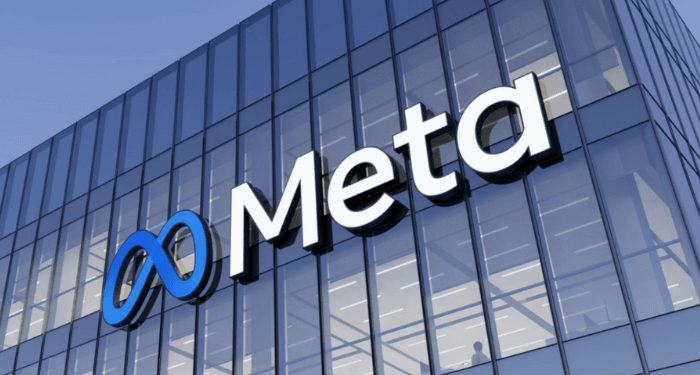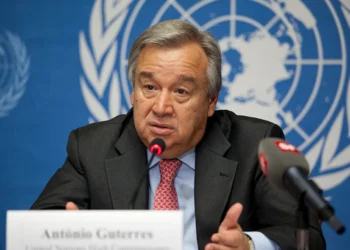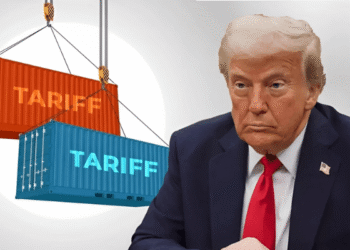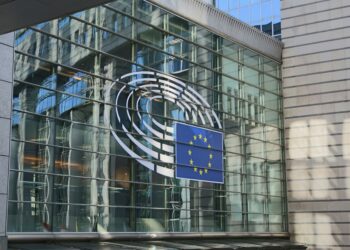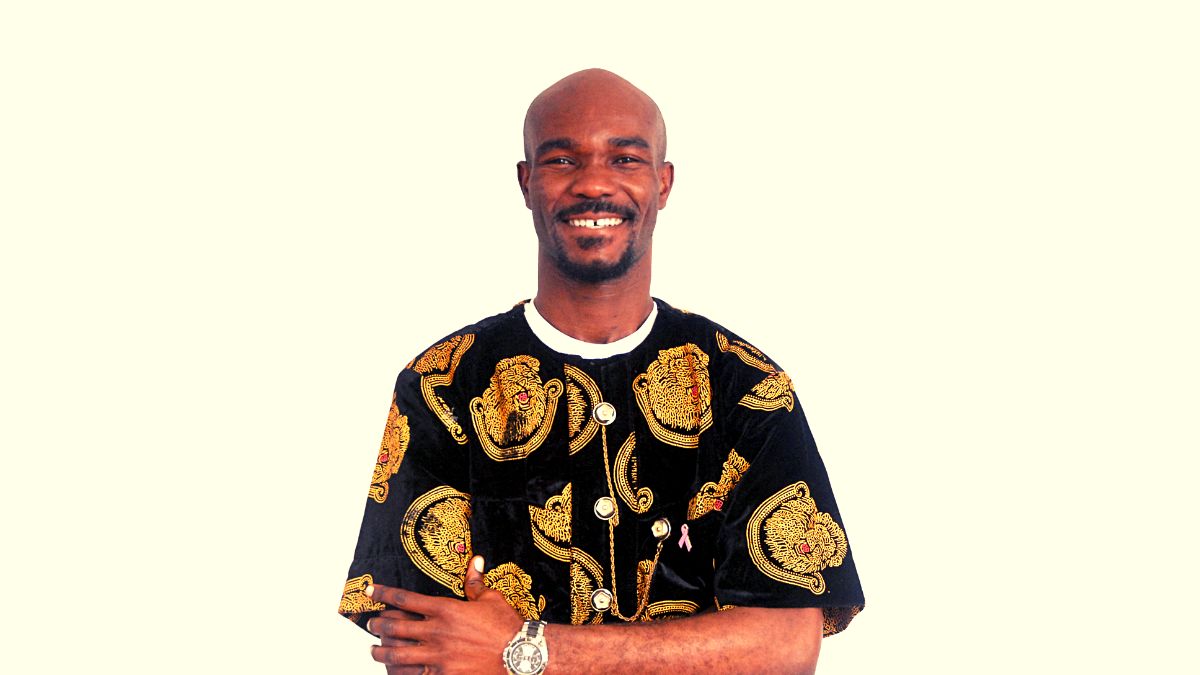For months, Nigeria’s regulators and Meta were locked in a loud battle over data privacy, The Nigeria Data Protection Commission (NDPC) had slammed the tech giant with a $32.8 million fine, accusing it of violating the privacy of millions of Nigerians through its targeted ads. Meta, as expected, fought back in court, calling the ruling excessive and even questioning the competence of the case itself.
Yet, instead of a dramatic showdown, the matter quietly slipped into settlement talks. By the time the Federal High Court was ready to rule, both sides had already exchanged draft agreements. The “data war” that started with so much noise ended in a whisper.
Why the Truce Matters
Nigeria’s decision to regulate Meta was daring. For once, it looked like a developing country was ready to challenge Big Tech on privacy violations. The fine was heavy, the corrective orders were strict, and the NDPC looked like it wanted to set an example.

But the sudden shift to settlement raises questions. Was this about real justice for Nigerian users, or was it just about forcing Meta to the negotiation table? When regulators impose a record fine and then quietly accept a truce, ordinary Nigerians are left wondering what was truly gained.
Power and Negotiation
Meta has money, influence, and global reach. Nigeria, though eager to assert control, is still new to enforcing strong data laws. The Data Protection Act signed in 2023 gave the NDPC power.
This truce shows how uneven the fight still is. Meta can drag things out, hire the best lawyers, and negotiate terms. The NDPC, despite its strong stance, eventually found compromise more practical than confrontation. It is the reality of power: Big Tech rarely loses outright, it simply negotiates its way out.
Nigerians in the Middle
The real losers in this quiet truce are Nigerians whose data was allegedly misused in the first place. We never got the full picture of what Meta did with the personal information of millions of users. We don’t know if our rights were actually protected in the final settlement or if it was just a legal handshake to save face.
Data is the new oil, they say, but Nigerians have little control over theirs. Meta continues to run ads, build profiles, and profit from behavioural tracking. This case could have forced more transparency, but instead it ended in sealed agreements.
Nigeria’s data war with Meta was a chance to prove that African countries can set rules for global tech giants and enforce them. Instead, we got a courtroom truce that leaves more questions than answers.
Yes, settlement is practical, and yes, even big regulators in Europe sometimes cut deals with Big Tech. But if Nigeria wants to be taken seriously in the digital economy, it must show that when it fines, it enforces. Otherwise, these battles will always end the same way, quietly, behind closed doors, with the public left in the dark.

